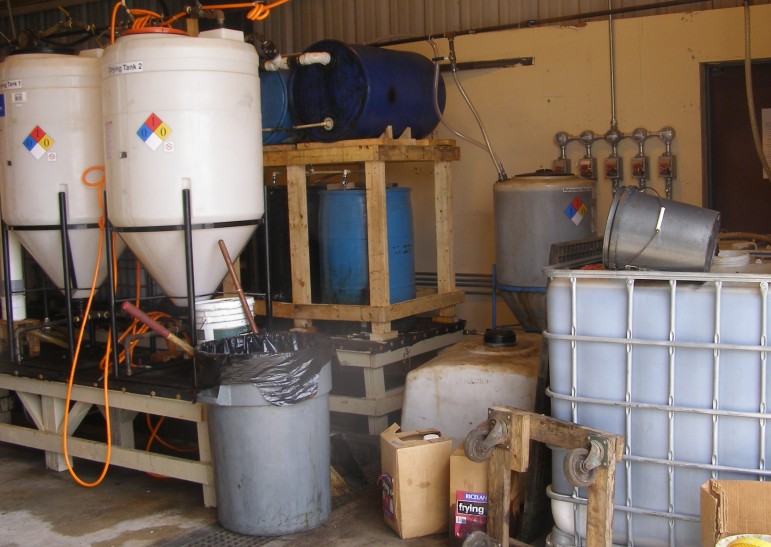The troubled education nonprofit that couldn’t account for nearly $900,000 in federal grants over three years is the subject of a new federal probe, this time by the Office of Inspector General for the Environmental Protection Agency.
Operation REACH, which once tutored and mentored more than 10,000 students across three states, received $50,000 from the EPA last May to support its GulfSouth Youth Biodiesel Project. The project trained youth in biodiesel conversion by collecting used cooking oil from local restaurants and kitchens and recycling it into diesel fuel.

Last week, The Lens asked EPA spokeswoman Jennah Durant if the agency tracked how Operation REACH had spent that money. She directed The Lens to the inspector general’s office because “this issue is the subject of an open investigation.”
Jeff Lagda, a spokesman for the inspector general, told The Lens on April 30 that his office wouldn’t confirm or deny the existence of any investigation. He referred The Lens to the U.S. Attorney’s Office for the Eastern District of Louisiana, which declined to comment.
The Lens reached out to Operation REACH’s former chief executive officer, Kyshun Webster, on April 30 and again last Tuesday to inquire about the EPA investigation. He told The Lens on Friday to contact his attorney, Clarence Roby. As of Monday, Roby had not responded to a request for comment.
The biodiesel program is no longer in operation, at least not at the Jefferson campus of Delgado Community College where it was located, said Delgado spokesman Tony Cook. The school only provided the space for Operation REACH’s training; the arrangement ended last summer, Cook said.
It’s not clear who owns the equipment in Delgado’s warehouse, he said, “but it is not being used and it will be removed as soon as ownership is established and arrangements can be made.”
The biodiesel warehouse was locked Thursday. Outside the doors were large, locked containers marked “Grease Only.”
Webster said in an interview in March 2012 that the biodiesel program was still operating, but it hadn’t enrolled any students since the previous fall. He explained the hiatus by saying that the program was dealing with some environmental issues.
This is the second time in the last year that Operation REACH has attracted the attention of federal authorities. The inspector general’s office for one of its major funders, the Corporation for National and Community Service, reported in September that Operation REACH couldn’t account for nearly $900,000 in federal grants over a three-year period.
As a result, Operation REACH and its affiliates are now banned from receiving any further federal grants.
Earlier this year, a bank started foreclosure proceedings against the organization’s headquarters on Josephine Street. J.P. Morgan Chase claims Operation REACH owes almost $1.4 million on mortgages for two properties.
